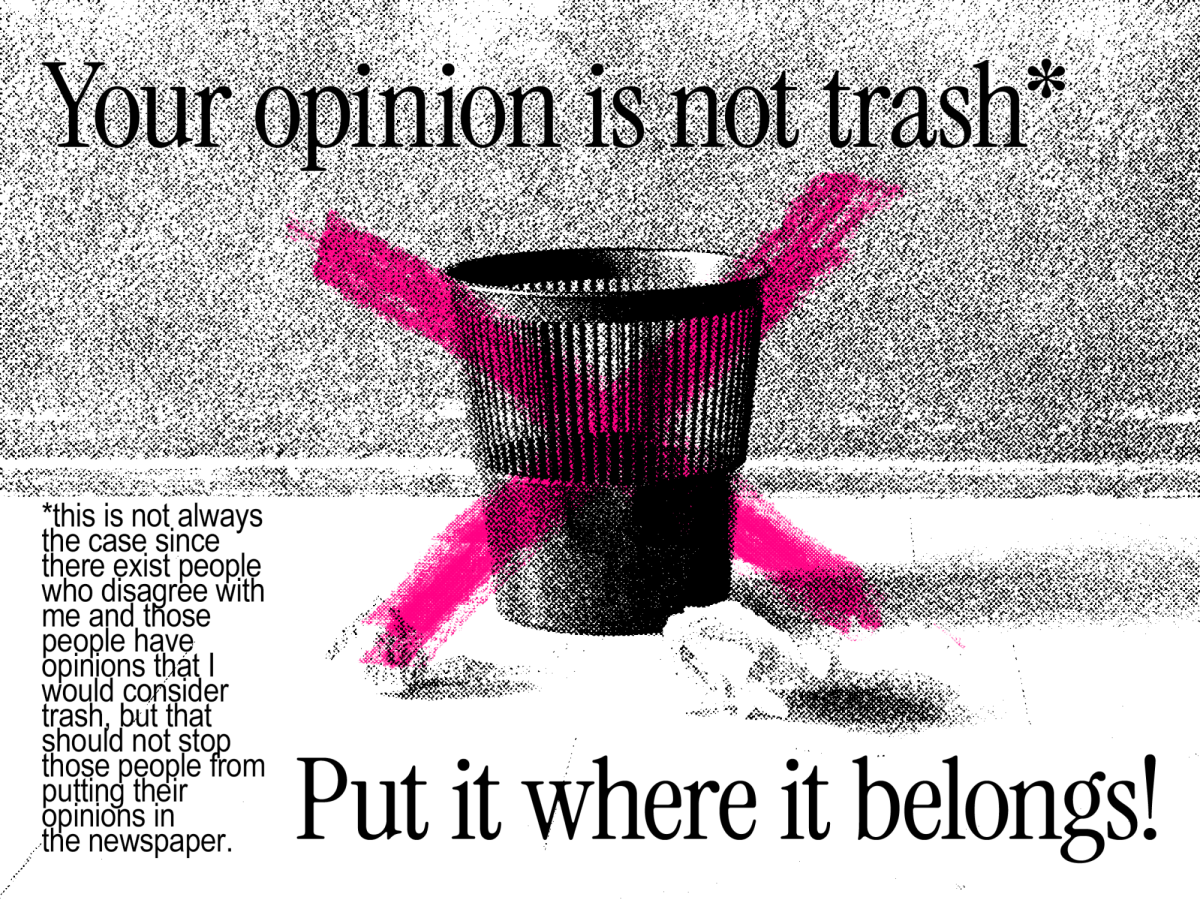In the past eight years, the Democratic party has managed to lose over a thousand elected positions, including the White House. There are many factors that contribute to these losses, but it is clear that the current campaign strategies are not working. People are leaving the party in droves; many on the left are disillusioned by the way party leaders have conducted themselves, especially former DNC chairs. Debbie Wasserman Schultz resigned from the post in disgrace when it was revealed that she, and other democratic staffers had been working to diminish the threat posed by Sanders during the 2016 Democratic primary. Schultz’s successor, interim chair Donna Brazile, did not fare much better. Brazile chose not to run after her interim term expired, most likely due to the revelation that she had sent debate questions to Hillary Clinton before a town hall debate during the primaries.
Hillary Clinton and her primary opponent Bernie Sanders had different visions for the Democratic party. This division created a fault line amongst the party faithfuls, and further evidence of a divided party emerged last month during the first contested DNC chair race since 1985, which was between Keith Ellison and Tom Perez. Tom Perez’s election to chairman of the DNC signals a continuation of these failed strategies and policies, which embrace corporate funding and interests at the cost of the support of the progressive left. Much like the primary before it, this election was a battle between the Democratic establishment and the Progressive left.
Ellison was one of the first to announce his candidacy for DNC chair, formally entering the race on November 15th. Shortly thereafter, he gained support from Sanders, Warren, Schumer, and many other party leaders. With early momentum, Ellison emerged as the frontrunner. However, the Obama administration tapped Perez a month later, and he entered the race. Why would a candidate with nearly the same ideas as the leading candidate enter the race so late? Perez was chosen to prevent Ellison from winning, and he succeeded in doing so on February 25th.
The fact that the Democratic establishment will not cede the somewhat symbolic position of DNC chair to a progressive favorite is a clear illustration of their reluctance to change tactics. The Democratic establishment wants to move policy further to the center, become more lax on the business and financial sectors, and bend over backwards to maintain cash flow from their big money donors, all in an effort to appeal to non-existent moderates. Perez has already gone on record saying he refuses to support Obama’s ban on corporate donations. The emergence of more pro-oligarchical positions should not surprise anyone going forward.
The Democratic establishment cannot avoid blame for the election of President Trump. There are lessons to be learned from the party’s failed 2016 campaign, and it is clear that Democrats need to change direction. Unfortunately, Perez’s election signals that the establishment is choosing to stay the course and continue to move toward the center. Instead, the Democratic party must reevaluate their principles, re-organize themselves, and mobilize in order to successfully oppose Trump and the Republican agenda.
-Lukas Kret
Junior, Political Science major, Spanish minor



